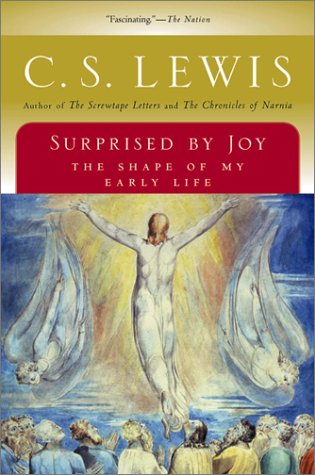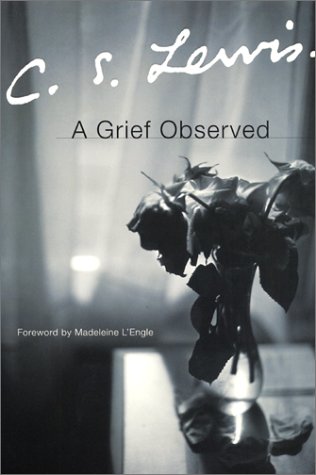"Were all the things which appeared as mythology on earth scattered throughout other worlds as realities?"This betrays Lewis' great love of myth, and the fact that myth led him to a belief in Christianity makes this sentence intriguing to me.
Thinking about when Ransom is drenched with "an ice-cold shower bath," that brings to his mind the phrase, "die of a rose in aromatic pain," I think it represents baptism.
"Such was the refreshment that he seemed to himself to have been, till now, but half-awake. When he opened his eyes... all the colours about him seemed richer and the dimness of that world seemed clarified... The golden beast at his side seemed no longer either a danger or a nuisance."It's cool to think of baptism in that way.
Ransom christens the trees, just as Adam was charged with naming all the creatures in the Garden of Eden.
Interesting thought:
"This itch to have things over again, as if life were a film that could be unrolled twice or even made to work backwards... was it possibly the root of all evil? No: of course the love of money was called that. But money itself - perhaps one valued it chiefly as a defence against chance, a security for being able to have things over again, a means of arresting the unrolling of the film."













